Against the backdrop of actively addressing climate change globally, accelerating the development of green industries has become a universal consensus in the international community. This not only helps with energy conservation and emission reduction, efficient utilization of resources, but also cultivates new economic growth points and creates employment opportunities. In recent years, countries such as Qatar, Malaysia, and Germany have actively introduced policy measures to promote the development and transformation of green industries, creating green development increments in various fields such as infrastructure, energy, transportation, and daily life, and helping to promote sustainable economic and social development.
Qatar: Comprehensive Promotion of Green Transformation Plan
Qatar Commercial Bank recently successfully issued its first green bond denominated in Swiss francs, with a maximum size of 225 million Swiss francs (approximately 259 million US dollars), which will be used to support sustainable development projects such as water resource management, green buildings, and clean transportation. As early as May this year, the Qatari government issued a total of $2.5 billion in green bonds specifically to support the development of green industries such as environmental protection projects.
Qatar's Minister of Environment and Climate Change, Subai, emphasized that while promoting diversified economic development, Qatar attaches great importance to environmental sustainability and will continue to introduce measures to accelerate the development of green industries. According to the "2030 National Vision" and related green growth plans, Qatar is committed to reducing its dependence on oil and gas resources for economic growth, accelerating economic diversification and industrial green transformation. The report from Qatar Investment Promotion Agency shows that government policy support brings important opportunities for the development of green industries, and the upgrading of technological infrastructure will also help promote the green transformation of industrial economy.
Qatar's series of green transformation plans have achieved significant results in areas such as energy and transportation. In 2022, the country's first non fossil fuel power station, the Halsa Photovoltaic Power Station, was completed and put into operation, which can meet the annual electricity consumption of about 300000 households. The Qatari government has also set a goal of achieving a 10% penetration rate of pure electric vehicles by 2030, expanding 15000 charging stations, and realizing 100% electric buses for public transportation.
The Solid Waste Management Center located in Umm Said, as one of the largest solid waste treatment centers in the Middle East, can process 2300 tons of solid waste per day and convert some of the waste into renewable resources and electricity. The person in charge of the center believes that the scientific recycling and treatment of waste can not only protect the environment but also bring economic benefits, which can help promote the development of Qatar's green industry. Arthur Chiquinian, CEO of the Green Economy Partnership, pointed out that accelerating the development of green industries in Qatar is of great significance. The joint efforts of the government, businesses, and society will create a more sustainable and resilient future for future generations.
Malaysia: Driving Green Industry Growth with Preferential Policies
The Malaysian government has stated that it will continue to introduce policy measures to accelerate the growth of green industries, support economic transformation and sustainable development. The country has identified green technology as a key driving force for economic transformation and industrial development, and has introduced the "Green Technology Blueprint" and environmental protection industry support policies to formulate an overall plan for the growth of green industries.
Currently, about 80% of newly constructed buildings in Malaysia have obtained Green Building Index certification. This index is Malaysia's first green building rating tool, and eligible buildings must meet standards such as efficient use of energy, use of environmentally friendly materials, and achieving a certain level of greenery. Certified building developers can enjoy tax incentives.
In order to attract more international new energy vehicle companies to invest and set up factories, the Malaysian government has introduced multiple investment preferential policies and continues to implement car purchase subsidy policies to promote the popularization of new energy vehicles among the public. In the past two years, the sales of new energy vehicles in Malaysia have continued to grow. In 2023, the total sales of pure electric and hybrid vehicles in the country will be 38000 units, an increase of 69% compared to 2022.
Malaysia has abundant solar thermal resources, suitable for solar power generation, which accounts for over 60% of renewable energy generation. The government provides various tax subsidies for solar power generation enterprises. Ditroc Solar's business manager Lin Tong'en introduced that the company has benefited from multiple preferential policies and subsidy support since its establishment in 2009, and in 2016, it invested in building a 50 MW solar power plant in Bangladesh. Lin Tong'en stated that green industry policy support not only promotes the development of domestic solar power generation and other renewable energy sources, but also assists Malaysian solar energy companies in going overseas and sharing the dividends of green growth.
Germany: Promoting the development of green industries through technological research and innovation
In Dusseldorf, Germany, the roof and exterior walls of Building 2 in Kobogen are covered with a fence of over 30000 soapberry trees with a total length of about 8000 meters. These soapberry trees can absorb carbon dioxide and noise, store water, resist ultraviolet radiation, and reduce the urban heat island effect. In recent years, the concept of "green sponge" urban development has emerged in Germany, with green roofs, permeable depressions, gravel roads, grass bricks and other infrastructure becoming standard in cities such as Berlin, Hamburg, and Freiburg. These facilities draw on the natural water cycle system and have the functions of absorbing, storing, and slow-release rainwater.
According to data from the German Federal Statistical Office, the total output value of Germany's green industry in 2022 is approximately 107.5 billion euros, a year-on-year increase of 16.9%. Among them, the climate protection industry has the highest output value, reaching 61.7 billion euros; The output value of industries such as air pollution prevention and control, wastewater management, noise reduction, soil remediation, and species protection is also constantly increasing. Robert Hermann, General Manager of the German Federal Foreign Trade and Investment Agency, stated that the government will accelerate measures to promote the growth of green industries.
In Berlin, the "Small and Medium sized Enterprise Green Artificial Intelligence Center" showcased the application achievements of new technologies such as artificial intelligence in the environmental protection industry, such as using big data to optimize logistics and costs, promoting the recycling and reuse of building materials, upgrading 3D printing technology to reduce material consumption, etc. As part of Germany's AI strategy, the German Federal Ministry of the Environment, together with several scientific research institutes, plans to invest 150 million euros in 2021-2025 to support SMEs in AI research and innovation in environmental and climate protection.
The development of green industries in Germany has also created a large number of job opportunities. In 2022, the number of green industry employees in Germany reached 376000, a year-on-year increase of 10.3%. Sadia Zahidi, Executive Director of the World Economic Forum, pointed out that green industries will be one of the areas with the highest number of new jobs added globally in the next five years. The active exploration and practice of green industry development in countries such as Qatar, Malaysia, and Germany have provided valuable experience for global sustainable development and useful references for other countries to promote green transformation.
 The 'Bridge of Hope' cross-border
The 'Bridge of Hope' cross-border
 Technology for the Disabled: Lighting up a Better L
Technology for the Disabled: Lighting up a Better L
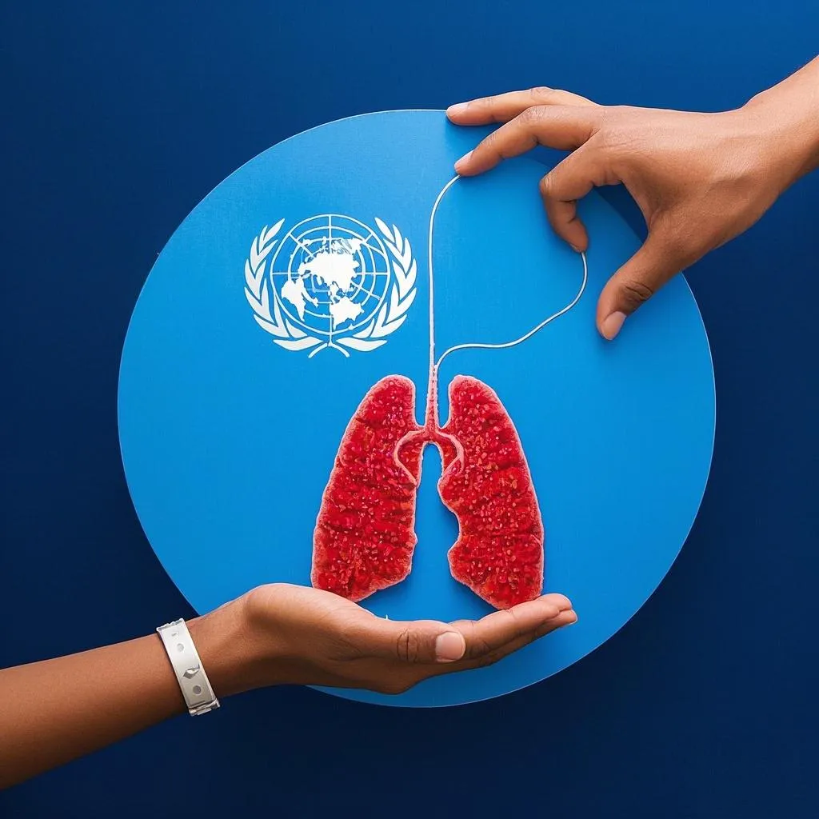 United Nations calls for bold action to eliminate t
United Nations calls for bold action to eliminate t
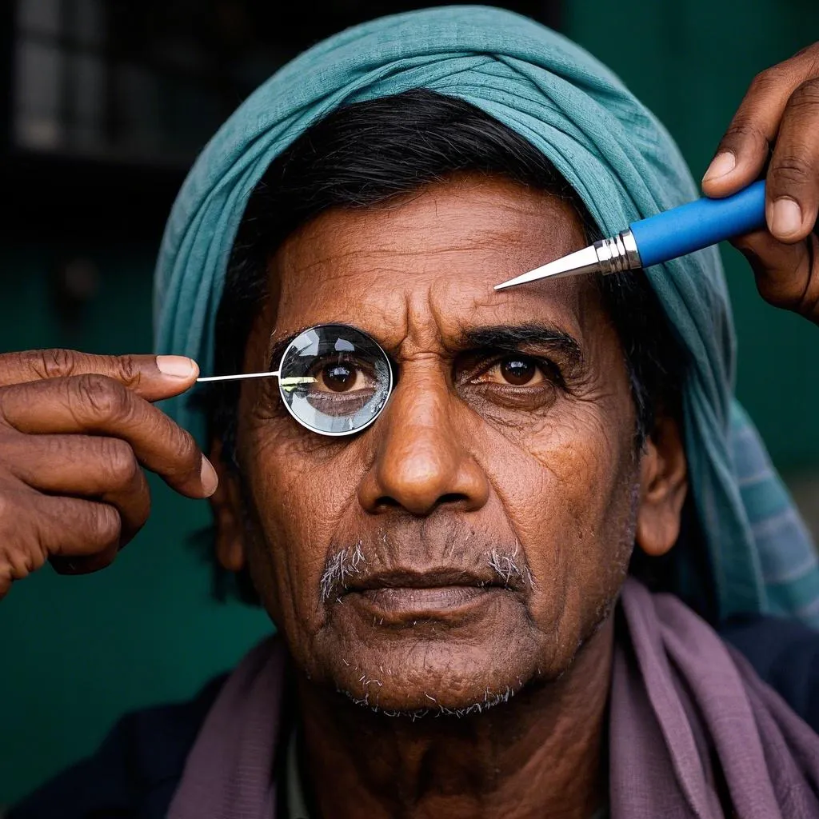 Indian charity organization illegally conducts cata
Indian charity organization illegally conducts cata
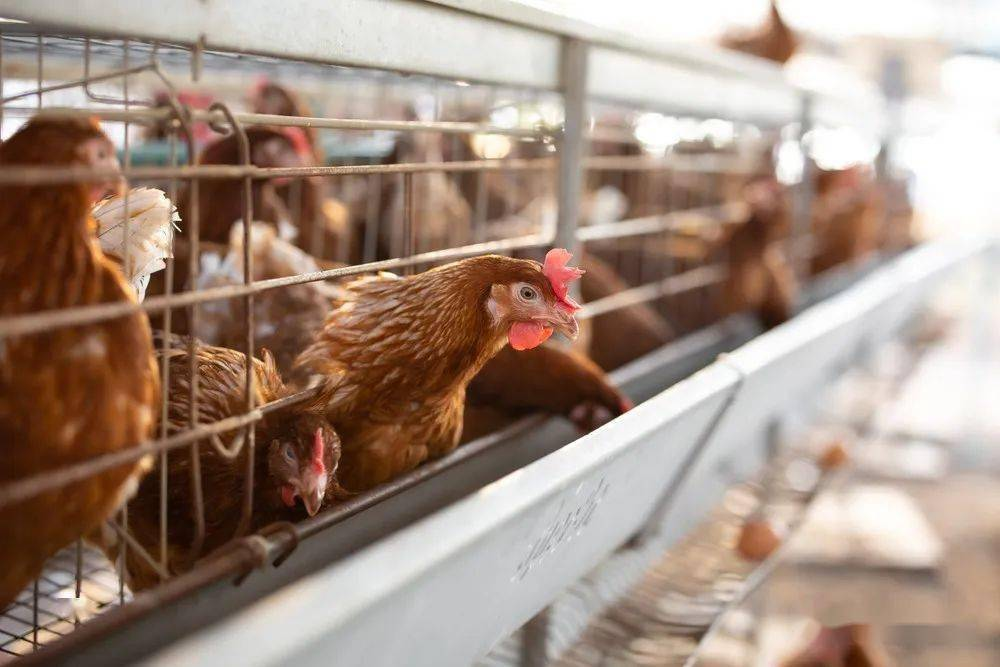 The third poultry farm in northern Victoria, Austra
The third poultry farm in northern Victoria, Austra
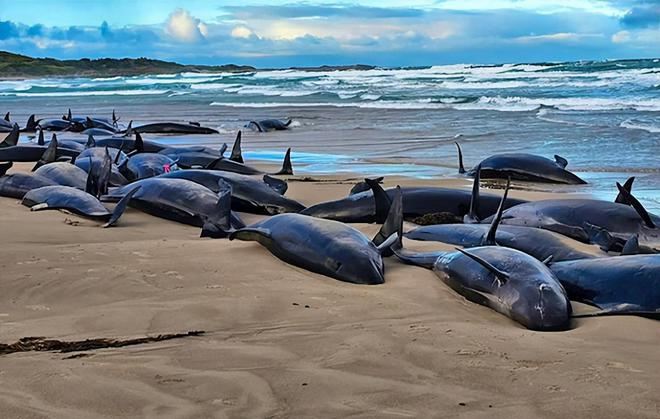 Over 150 fake killer whales stranded on Australian
Over 150 fake killer whales stranded on Australian
 Aurora Project launched in Finland, lighting up the
Aurora Project launched in Finland, lighting up the
 The "Knowledge Oasis" Middle East Refugee Educa
The "Knowledge Oasis" Middle East Refugee Educa
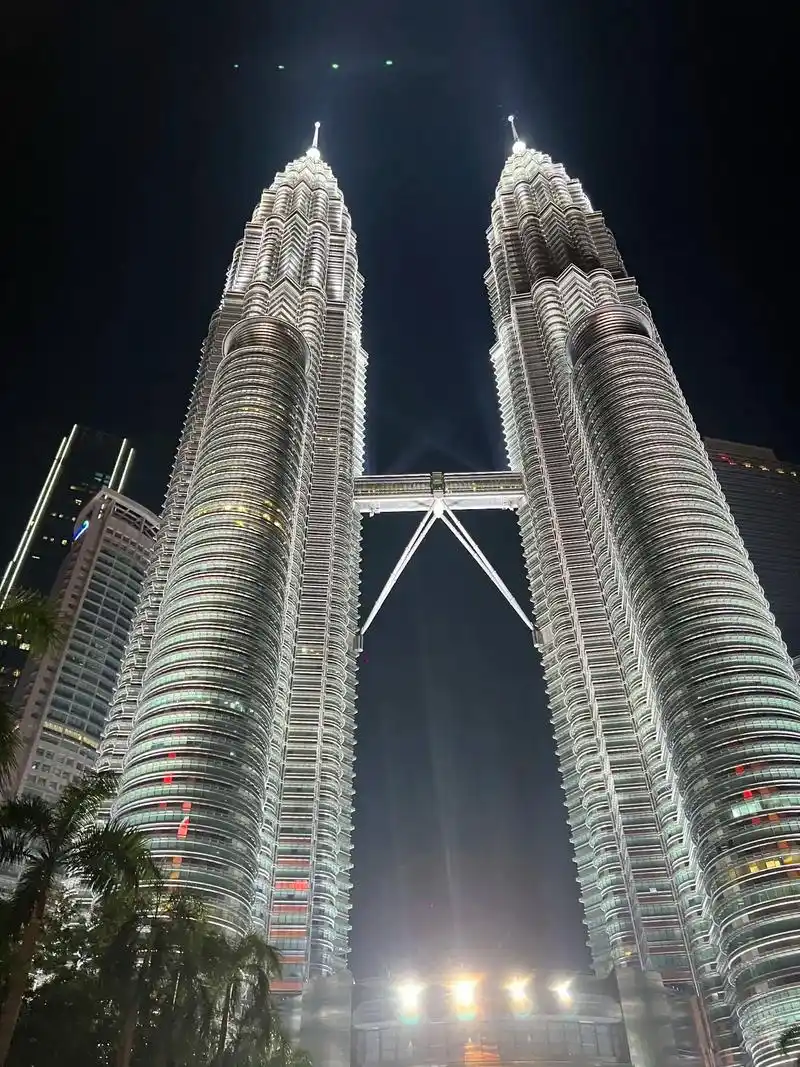 The 3rd "Starlight Plan" International Educatio
The 3rd "Starlight Plan" International Educatio